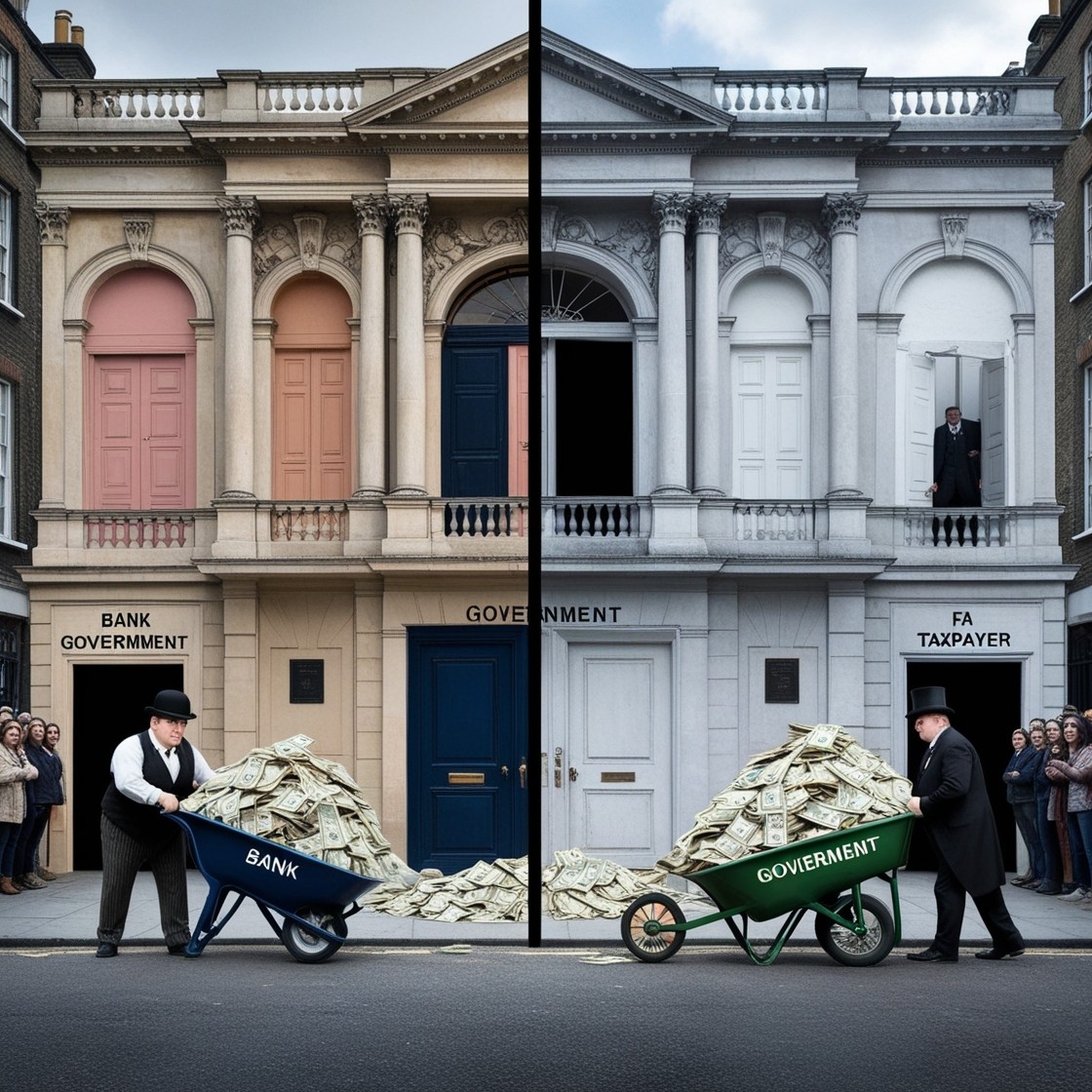
The Conservative Party managed to survive the potential existential event that was the 2024 general election. It was a close-run thing. Only by switching in the last 10 days from campaigning to win, to campaigning to avoid finishing third, did they manage to stave off the humiliation of finishing behind Reform UK. The question now is, who prevails both before and after the 2029 general election? The Conservatives are, apparently, the official Opposition, though evidence of their existence is limited, with the leader, Rishi Sunak, spending more time in California than in the UK. He appears to prefer the beaches of Santa Monica to those of Normandy. The first pivotal event in the battle for opposition primacy will be the election of the new Conservative Party leader following Sunak’s resignation on the 5th of July.
Of course, Sunak had completed the task given to him by those who put him in post. He quashed the nascent UK Bill of Rights and introduced the Windsor Agreement, which further tied Northern Ireland into the European Union, and indirectly kept the rest of the UK aligned as well.
He was only parachuted into the position of PM by the Bank of England because those people knew that they had wrecked the economy again, as they did in 2008, by flooding it with debt in order to make themselves and their fellow bankers even richer. It was Gordon Brown who rewarded those people for nearly destroying the economy in 2008, by giving them billions of taxpayer money to bail them out. He, and they, came to an agreement that, in order to keep the taxpayers quiet, Brown would play the 'hard' man and stress that there would be no more bailouts. It was also Gordon Brown who decided to free the Bank of England from any government control. Having been let off the hook, the bankers naturally carried on making themselves richer, doing exactly the same thing again. And they also conspired to deliberately hide the inevitable inflationary effects of their strategy of loading working people with increasing debt, in order to reap the profits. This time around, instead of asking for a bailout, they simply ousted an elected party leader and put a billionaire banker in charge. The media, of course, covered for them by pushing concocted nonsense about Liz Truss and Kwasi Kwarteng being financial idiots. They had to do that because they too are in debt to the same bankers. It is not yet clear whether this new leadership election will be conducted in a way befitting that of a major British political party.
The leadership race commenced on 24 July and is expected to last for over three months. Six candidates are standing for the leadership: Kemi Badenoch, James Cleverly, Robert Jenrick, Priti Patel, Mel Stride and Tom Tugendhat. Many of the pre-election favourites dropped away, mostly due to having been voted out of office. This included Penny Mordaunt, who had registered a leadership campaign website domain. Suella Braverman, whilst eligible, decided not to stand, perhaps wounded by the loss of support from some MPs after she voiced opinions that were undeniably conservative, something of a cardinal sin in the Continuity Tories.
Between the 4th and 11th of September, Conservative MPs will vote in a series of ballots to reduce the candidate list to four. This is ahead of the Conservative Party Conference (29 Sep – 2 Oct) where the four candidates will give keynote speeches. Following that, Conservative MPs will vote in two more ballots to settle on the final two names. Between the 10th and 31st October there will be a head-to-head ballot of all party members. The winner will be announced on the 2nd of November.
Does it really matter? Do I really care? Well, yes it does and yes you should.
This is about the heart and soul of the party. The choice of leader will determine the future direction of the party and its strategy. Get it right, there is a possibility of resurrection. Get it wrong, the party may well dissolve into obscurity. Of course, it might not make much difference who actually wins. The party is so divided, and has been since 2010, that the two factions are beyond reconciliation and the battle is simply for who holds onto the cap badge.
The contrast is with Reform, the general election providing a strong electoral base of over 4 million voters, 5 MPs and a growing membership. Whilst the Tories continue to split, Reform continues to grow, now focusing on local networks, constituency associations, volunteers and local elections. Nigel Farage made it clear that his return to front line politics was about 2029. The most recent poll shows Reform on 21% against the Conservatives 20%. Labour greatly reduced to 33%. The prolonged Conservative leadership process will also deliver another 3 months of public infighting and the, correct, impression that we do not have an effective Opposition to the Labour government. The new Tory party leader will have a lot of ground to make up.
The timeframe available may well be less than a normal parliamentary term given the Labour government’s inauspicious first 6 weeks in power. The thin democratic mandate it started with has been eroded further by both its early policy announcements and internal division.
As a certain Mr Churchill once said, “some men change their party for the sake of their principles; others their principles for the sake of their party”.